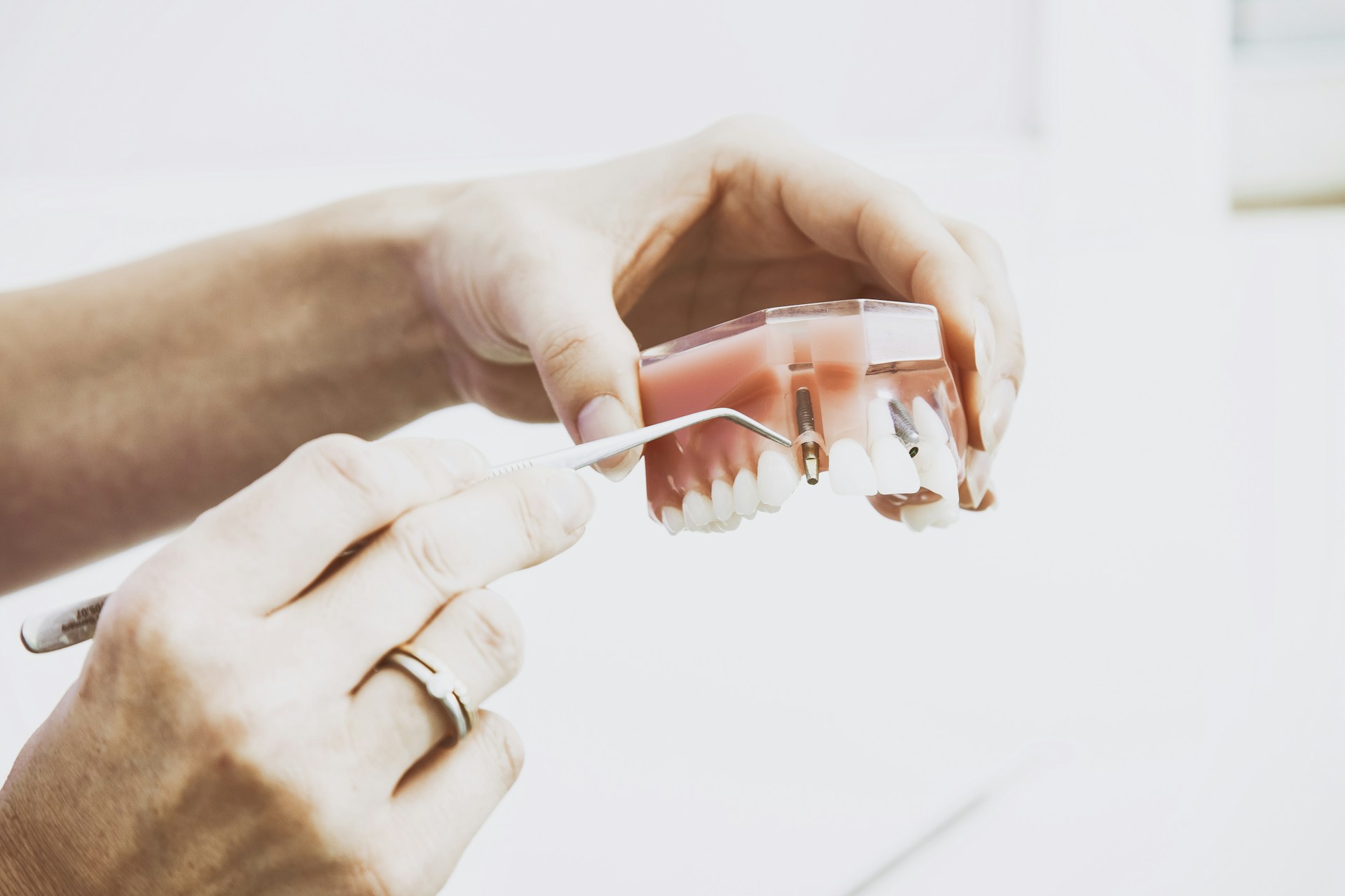Understanding Oral Thrush: Causes, Symptoms, and Treatment
Struggling with oral thrush? Our comprehensive guide covers the causes, symptoms, and proven treatments to get your oral health back on track. Take control of your condition and reclaim a healthy, confident smile.
5/16/20242 நிமிடங்கள் வாசிக்கவும்


Understanding Oral Thrush
Oral thrush, also known as oral candidiasis, is a type of fungal infection that occurs in the mouth and throat. It is caused by an overgrowth of the fungus Candida albicans, which is naturally present in the mouth in small amounts. However, when the balance of bacteria and yeast in the mouth is disrupted, it can lead to the overgrowth of Candida albicans, resulting in oral thrush.
Symptoms of Oral Thrush
The most common symptoms of oral thrush include the presence of creamy white lesions on the tongue, inner cheeks, roof of the mouth, gums, and tonsils. These lesions may resemble cottage cheese in appearance and can cause discomfort or a cotton-like feeling in the mouth. Other symptoms may include redness, soreness, difficulty swallowing, and loss of taste.
Treatment for Oral Thrush
Oral thrush can be effectively treated with antifungal medications, which may be available in the form of lozenges, tablets, or mouth rinses. These medications work by killing the fungus or inhibiting its growth. In cases where the infection is more severe or does not respond to topical treatments, oral antifungal medications may be prescribed by a healthcare professional.
In addition to medication, practicing good oral hygiene is essential in managing and preventing oral thrush. This includes brushing the teeth at least twice a day, using an antifungal mouthwash, and regularly cleaning dentures, if applicable. It is also important to address any underlying health conditions that may contribute to the development of oral thrush, such as uncontrolled diabetes or a weakened immune system.
Can Oral Thrush be Treated at Home?
While there are home remedies and over-the-counter treatments available for oral thrush, it is advisable to seek medical advice before attempting to treat the condition on your own. This is especially important if the individual experiencing symptoms is an infant, elderly person, or someone with a weakened immune system. A healthcare professional can provide an accurate diagnosis and recommend the most suitable course of treatment based on the severity of the infection.
It is important to note that some home remedies, such as using apple cider vinegar or coconut oil, may offer temporary relief but have not been scientifically proven to effectively treat oral thrush. Therefore, it is crucial to consult with a healthcare provider to ensure the most appropriate and evidence-based treatment is pursued.
Is Oral Thrush Good or Bad?
Oral thrush is a fungal infection that is considered to be a negative condition, as it can cause discomfort and interfere with normal oral functions such as eating and speaking. In addition to the physical symptoms, oral thrush can also have an impact on an individual's quality of life, leading to feelings of self-consciousness or embarrassment.
Furthermore, in certain cases, oral thrush may indicate an underlying health issue, such as a weakened immune system or uncontrolled diabetes. Therefore, it is important to address the infection and its underlying causes in order to prevent potential complications and promote overall well-being.
In conclusion, oral thrush is a fungal infection that can affect the mouth and throat, leading to uncomfortable symptoms such as white lesions, soreness, and difficulty swallowing. While it can be treated with antifungal medications and good oral hygiene practices, seeking medical advice is crucial, especially for vulnerable individuals. By addressing oral thrush promptly and effectively, individuals can alleviate discomfort and promote oral health.


Contact Smiles
drdeepi15@gmail.com
Have doubts ..?
